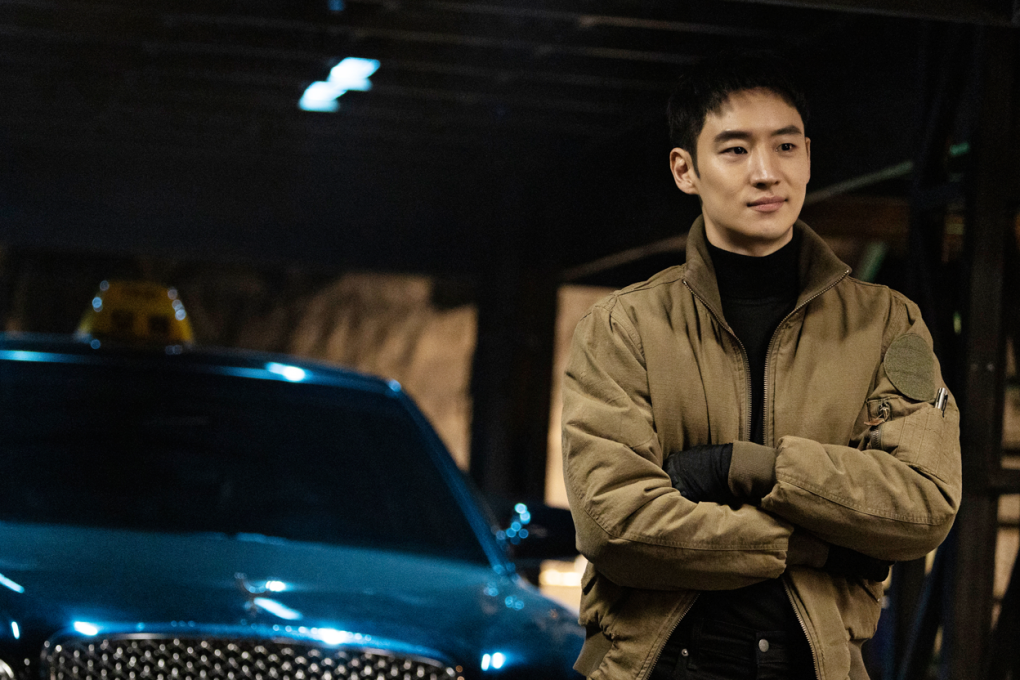K-drama Taxi Driver: styled like Ryan Gosling in Drive, Lee Je-hoon plays a vengeful cabbie
- When Lee Je-hoon’s character is not picking up fares in a normal cab, he drives a black deluxe taxi whose passengers are embarked on the path of vengeance
- The storytelling is straightforward in this adaptation from a web comic, with Lee benefiting from a supporting cast that includes Cha Ji-yeon and Lee Young-ae

This article contains spoilers.
A new hot rod has pulled into the K-drama broadcast schedule.
Based on the webcomic The Deluxe Taxi (the Korean name of the show) by Carlos and Lee Jae-jin, Taxi Driver follows Kim Do-gi (Lee Je-hoon), a highly trained Korean Military Academy graduate who went off the rails after the brutal murder of his mother.
Do-gi is taken under the wing of Jang Sung-chul (Kim Eui-sung), the director of the Blue Bird Foundation as well as the head of the Rainbow Taxi Company. Do-gi now works behind a cab wheel, but he’s no ordinary taxi driver.
When he’s not picking up fares in a normal orange cab, he throws on his shades and bomber jacket and becomes an angel of revenge behind the wheel of a black deluxe taxi. The Rainbow Taxi Company provides a secret service to those who have been wronged and want to get their own back.